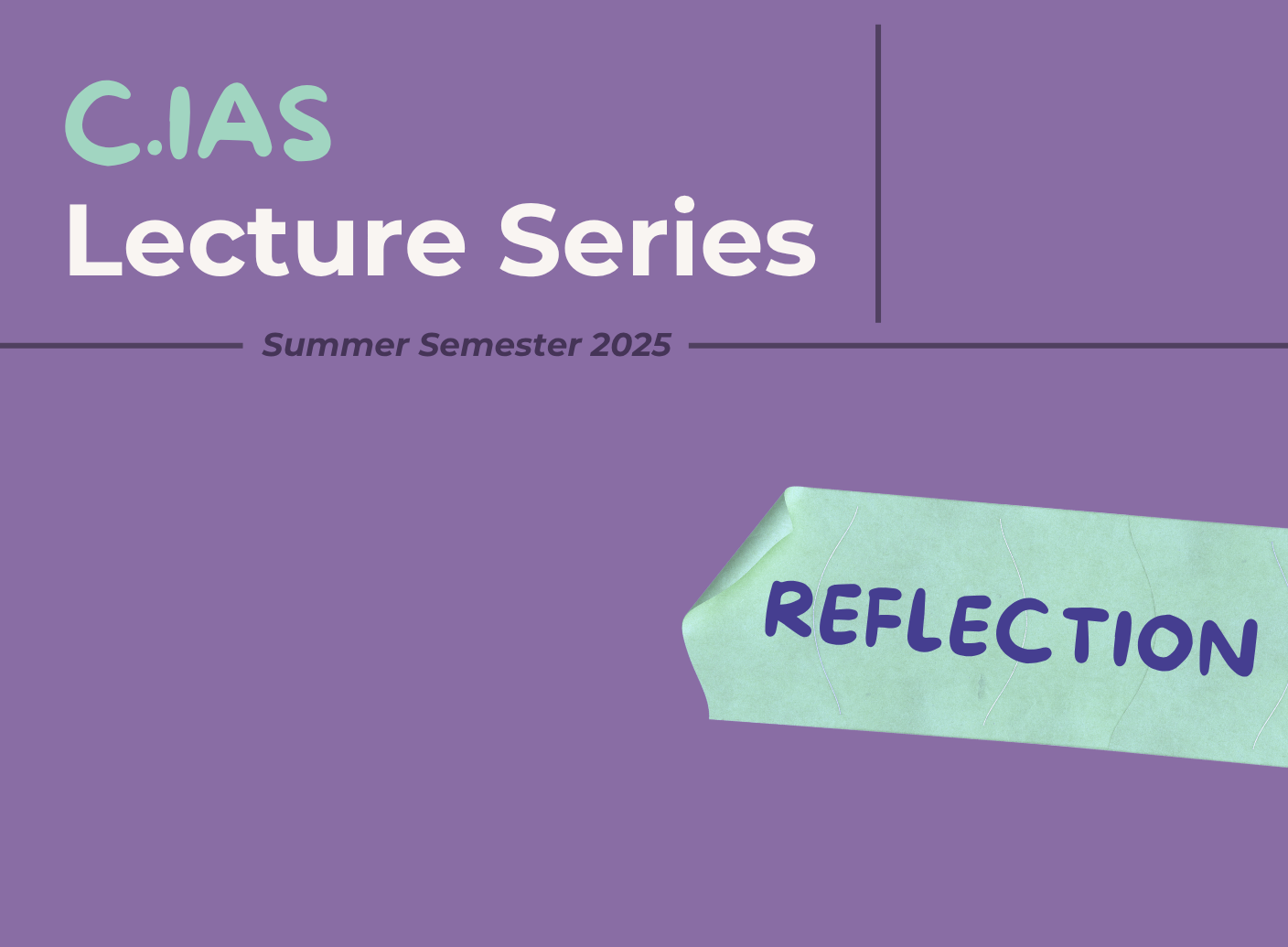April 2
Lonnie Johnson: “Getting to know the United States after 1945 - Exemplary U.S. ‘exchange of persons’ programs in postwar Austria: Fulbright and Smith-Mundt”
The lecture focused on the history and evolution of U.S. exchange programs, specifically the Fulbright and the lesser-known Smith-Mundt programs, and their impact on postwar Austria. It traced how these initiatives emerged in the aftermath of World War II, during the U.S. occupation of Austria (1945–1955), as tools of soft power intended to foster mutual understanding and counter lingering anti-American sentiment rooted in Austria’s historical, cultural, and ideological biases. The lecture highlighted how these "exchanges of persons"—from students and scholars to journalists and jazz musicians—not only introduced Austrian elites to American society but also had lasting influence on Austrian-American relations.
April 7
Elizabeth Dillenburg: “Empire's Daughters: Girls and Britain's Colonial Past”
The lecture elabortate on the interconnected histories of girlhood, whiteness, and British colonialism in the late nineteenth and early twentieth centuries. It highlighted how, although girls are often overlooked in studies of colonialism, they nevertheless played a vital role in the empire as migrants, settlers, laborers, and creators of colonial knowledge and were heralded as “empire builders.” To examine the complexities of girls' engagement and experiences in the empire, this presentation specifically discussed the Girls' Friendly Society and explored how the Society's multifaceted emigration and imperial education programs constructed ideas of girlhood, race, and empire that then circulated globally. This presentation used the Girls' Friendly Society as a lens to explore the micropolitics of colonialism and argued that understandings of colonialism remain incomplete without considerations of girls and girlhood.
May 7
James Forsher: “Democracy in Times of Change: Has Donald Trump Changed the Furture of American Society?”
The lecture considered the century-long history of right-wing political movements in the United States and in how far these movements foreshadowed the political events of today.
May 28
Benjamin Nienass: “Grief and Political Transformation”
The lecture reflected on the connections of grief and politics, specifically on the role of public mourning in sustaining and confronting ideologies. Drawing on different conceptualizations of public grief, the talk considered temporal registers, melancholic attachments to the past as well as narratives of “overcoming” and progress.
June 05
Manfred Berg: “Donald Trump and the Crisis of American Democracy”
The lecture provided an analysis of Trump's rise to power and his successful re-election. It discussed the potential consequences for US-American democracy and the recent governing of Trump and his administration. Berg argued that Trump's second term will be a stress test for the checks and balances of the US-American consitutional order.
